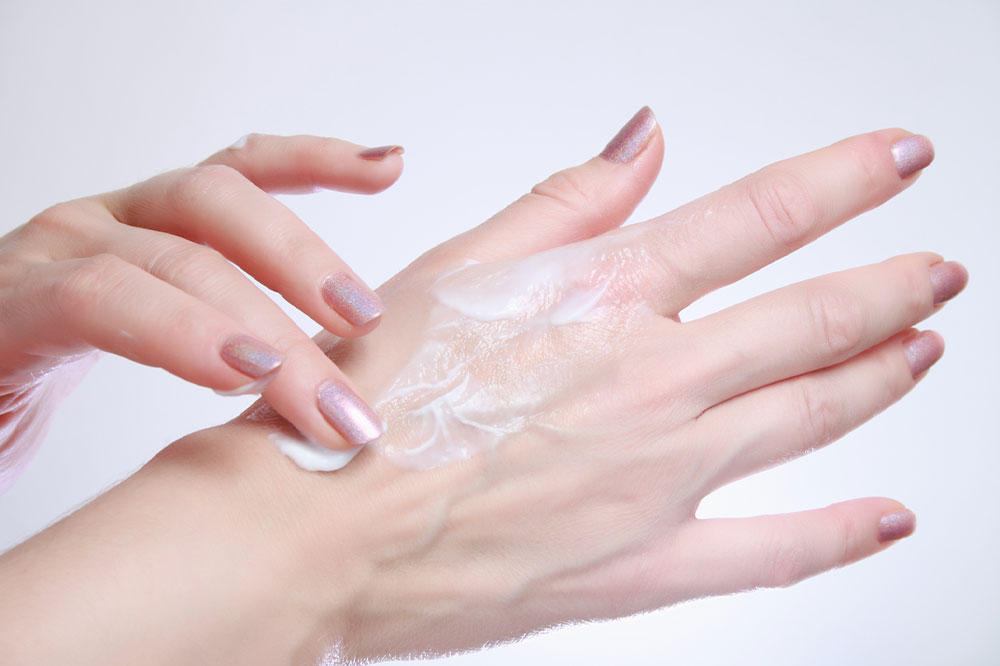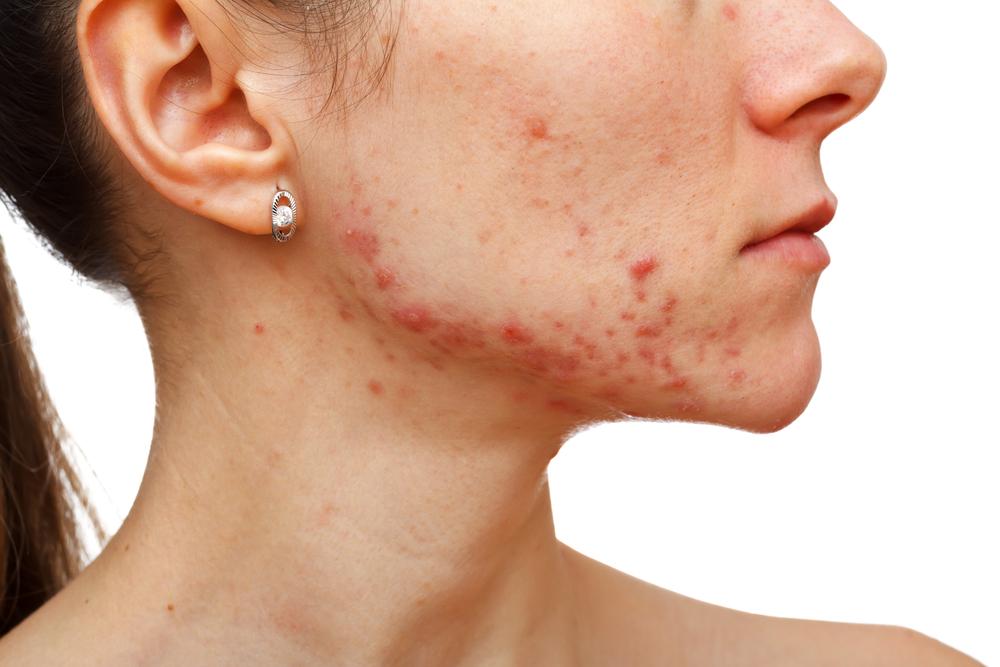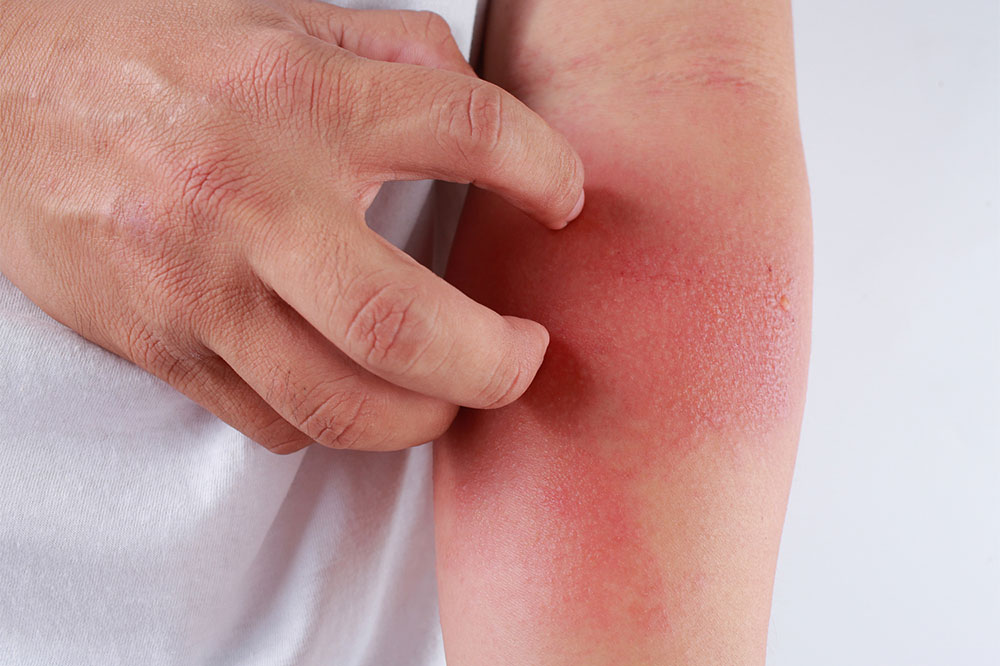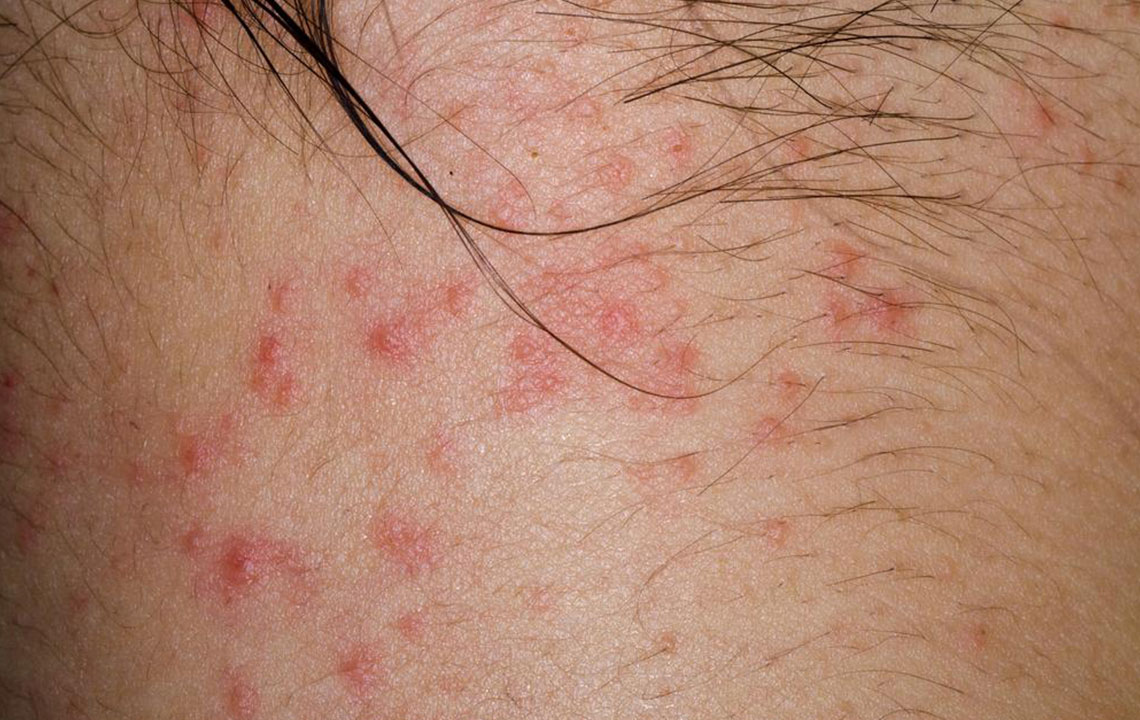Comprehensive Guide to Eczema: Causes, Symptoms, and Effective Management Solutions
Eczema is a chronic skin condition involving inflammation, dryness, and irritation caused by genetic and environmental factors. Proper diagnosis and management, including skincare routines, avoiding triggers, and medical treatments, are essential for controlling symptoms and preventing flare-ups. Learn about the causes, symptoms, and effective strategies to manage eczema in this comprehensive guide.

Comprehensive Guide to Eczema: Causes, Symptoms, and Effective Management Solutions
Eczema is a collective term for a variety of chronic skin inflammatory conditions that primarily involve disruption of the skin's protective barrier. The skin barrier functions as an essential defense mechanism, shielding the body from environmental toxins, bacteria, and allergens. When this barrier is compromised, the skin becomes excessively dry, sensitive, and more prone to infections, leading to discomfort and potential complications. This condition is characterized by a range of symptoms including itchy patches, redness, scaling, soreness, and persistent rashes that can affect people of all ages, from infants to the elderly.
Understanding the Root Causes of Eczema
The exact origins of eczema remain a subject of ongoing research, but multiple factors have been identified as contributing to its development. Genetic predisposition plays a significant role, with individuals inheriting genes that affect skin integrity and immune system responses. Immune system irregularities result in an overreaction to harmless substances, provoking inflammation and skin irritation. Environmental factors are also critical; exposure to harsh chemicals, pollutants, extreme weather conditions, and allergens can sensitize the skin, leading to flare-ups. Moreover, deficiencies in the skin’s natural moisturizing factors impair its ability to retain water, allowing irritants and microbes to penetrate more easily, thus exacerbating symptoms.
Both hereditary factors and environmental influences contribute to the risk of developing eczema. For instance, children with a family history of allergies such as asthma or hay fever are more susceptible. External triggers like exposure to air pollutants, harsh soaps, cosmetics, and chemicals can strip moisture from the skin and cause irritation. Weather extremes, such as hot, humid conditions, cause increased sweating, which can worsen symptoms and lead to discomfort. An overactive immune response also plays a part, especially in individuals with atopic tendencies. Although eczema symptoms can improve over time, in some cases, they may persist for years or become a chronic condition requiring ongoing management.
Recognizing Symptoms and Proper Diagnosis
Symptoms of eczema can vary based on age, skin type, and severity. Commonly affected areas include the inner elbows, behind the knees, neck, face, and around the eyes. In infants and young children, rash patches tend to be more widespread, often affecting the face and scalp. Adults might experience more dry, rough, and scaly skin with intense itching. Repeated scratching can lead to secondary bacterial infections, resulting in crusted lesions, increased redness, and swelling. Accurate diagnosis primarily relies on clinical examination, taking into account personal and family health history. Additional diagnostic procedures like allergy testing, blood tests, and skin biopsies may be employed to identify specific triggers or rule out other skin conditions.
Types of Eczema: Focus on Atopic Dermatitis
Among various types, atopic dermatitis is the most common and widely recognized form of eczema. It can affect individuals across all age groups, from infants to adults. While many children with atopic dermatitis tend to outgrow the condition or see a reduction in severity during adolescence, some cases persist into adulthood, requiring long-term management. The condition often occurs alongside other allergic conditions, such as asthma and hay fever, indicating a systemic component. Proper skin care, avoidance of triggers, and medical treatment can effectively control symptoms and reduce the frequency of flare-ups, although complete remission is not always possible.
Strategies for Managing and Treating Eczema Effectively
Effective management of eczema involves a combination of medical treatments and lifestyle modifications. Topical medications such as corticosteroid creams, calcineurin inhibitors, and moisturizers help reduce inflammation and restore skin hydration. Phototherapy may be recommended for severe cases that do not respond well to conventional treatments. Key to controlling eczema is avoiding known irritants—these include harsh soaps, detergents, perfumes, and certain fabrics like wool. Environmental control, such as maintaining a moderate humidity level and minimizing exposure to dust and allergens, is also essential. Incorporating stress reduction techniques such as yoga, meditation, or breathing exercises can significantly decrease flare-ups, given the link between stress and immune response. Regularly moisturizing with emollients, especially after bathing, helps maintain skin barrier function. Choosing breathable, natural fabrics like cotton or silk and taking lukewarm baths with added colloidal oatmeal can soothe irritated skin. During colder months or outdoor activities, wearing protective gloves and clothing minimizes skin contact with irritants. A comprehensive approach, combining medical treatments with daily skincare routines and environmental controls, offers the best chance to manage eczema effectively and improve quality of life.





